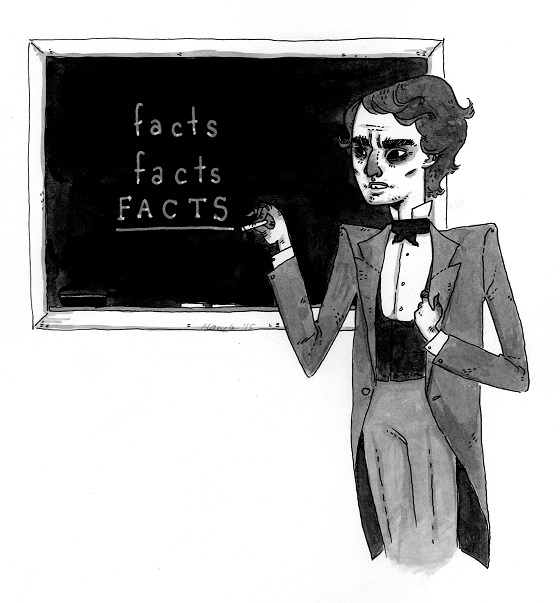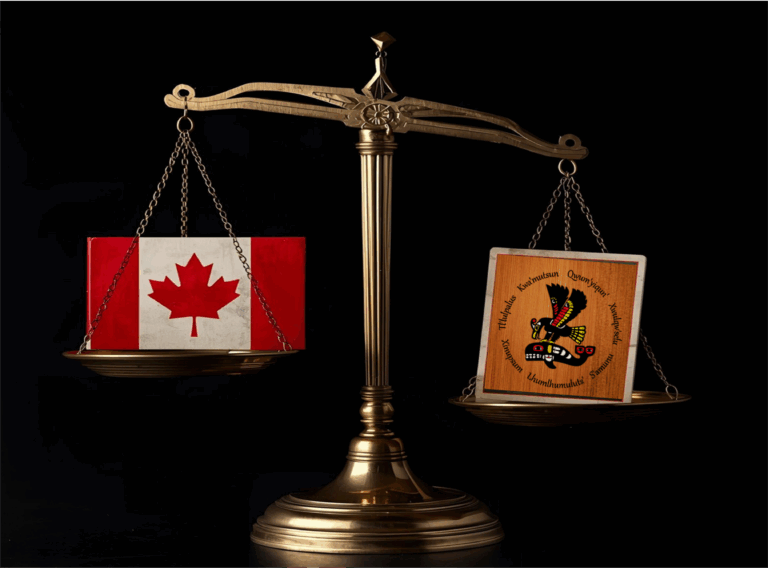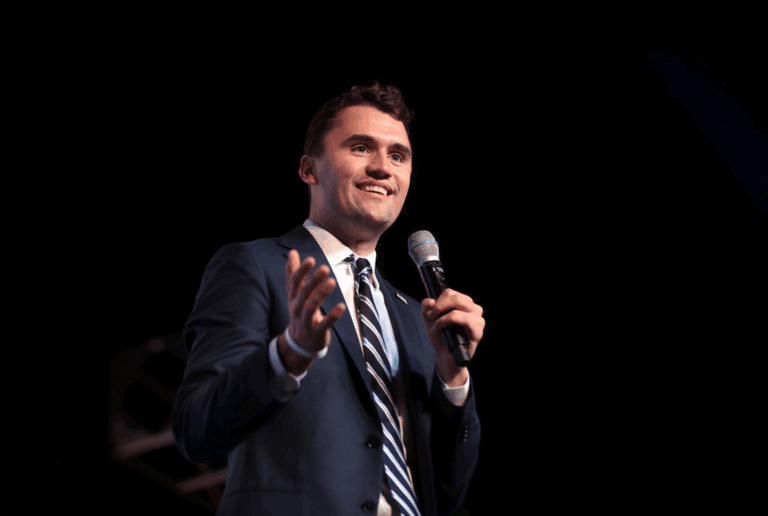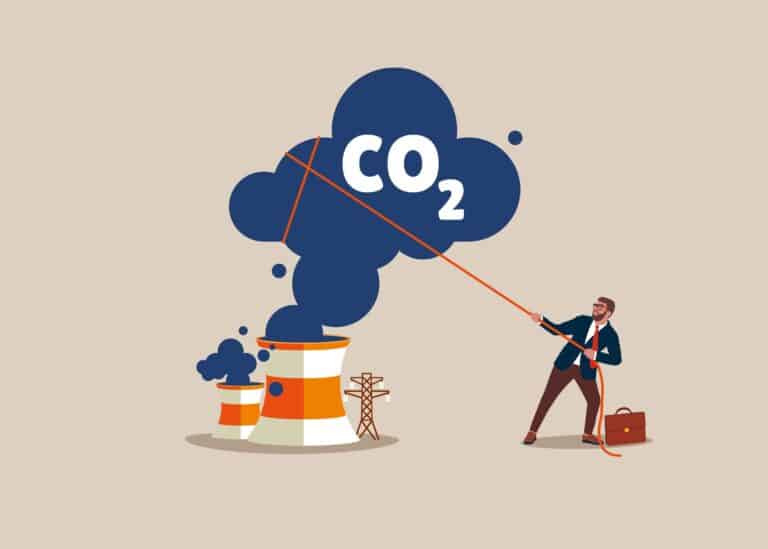
Illustration by Mary Lee
Democratic politics is, at bottom, a competition of beliefs about how we should govern ourselves. Political parties espouse various values, principles and ideals which inform the voter of a party’s inclinations, temperament and priorities. Such philosophical statements are crucial; for just as no politician can conceivably be conversant with the details of innumerable government programmes, neither is it reasonable to expect that voters can be familiar with any but a small number of governmental policies. What is reasonable, however, is for the voter to scrutinize the theoretical positions underlying a party’s practical proposals.
The Conservative platform is anchored in conservative values: smaller government, less tax, individual responsibility, fiscal prudence, free markets, pro-family, pro-energy, tough-on-crime, and a well-armed military. The Conservative government of Stephen Harper is a well-known quantity, and the voter can safely predict how it is likely to respond to a wide range of issues.
The New Democratic Party, reflecting its agrarian, populist and socialist roots, advances an unabashedly progressivist package: expansion of public health care and public education, affordable daycare, a rise in the minimum wage, gender equity, an emphasis on environmentalism, and a foreign policy which favours humanitarian aid and peace-keeping over military intervention. Should the NDP form the next government, leader Thomas Mulcair has provided the electorate with a reasonable understanding of his priorities and how he is likely to govern.
In sum, the CPC and the NDP have adopted platforms which offer the voter stark and opposing alternatives. They propose ideologically-driven and predictable agendas which present two clear choices.
But in a democracy, where the art of compromise is a practical necessity, there is also a pervasive view that parties should avoid ideology. Public policies and programmes, it is argued, should be guided not by ideology, but by science. Decision-making based on empirical evidence will not only deliver more enlightened and efficient government, but also eliminate the ideological impasses of partisan politics.
The plea for evidence-based politics is hardly new. 500 years ago Francis Bacon, the father of empiricism, argued for science to guide the secular state. 18th century Enlightenment thinkers, noting the advances science had brought to our understanding of the natural world, theorized that political problems are, in principle, similarly solvable through intelligent application of appropriate science.
This same set of convictions is very much operative today. And in the 2015 election, Justin Trudeau is its foremost champion. He first voiced his commitment to “evidence-based decision making” when announcing his bid for the leadership of the Liberal Party more than two years ago. In his view, both the New Democratic Party and the Conservatives are driven by “tidy ideological answers to complex and difficult questions.” The Liberal Party of Canada, by contrast, will have nothing to do with such blinkered ideology. According to Trudeau,
“… the only ideology that must guide us is evidence. Hard, scientific facts and data. It may seem revolutionary in today’s Ottawa, but instead of inventing the facts to justify the policies, we will create policy based on facts. Solutions can come from the left or the right, all that matters is that they work.”
Such a data-driven view of politics has an intuitive appeal. Liberals, henceforth guided only by the authority of science, would set aside partisan politics to craft pristine legislation that always accords with the relevant evidence. A Liberal government under Prime Minister Trudeau would bring scientific neatness and precision to the disorderliness of the political arena.
Yet neither politics nor science are quite so straightforward. Mr. Trudeau’s insistence on “hard scientific facts and data” brings to mind Thomas Gradgrind, the scientifically inclined school master in Charles Dickens’ Hard Times. Gradgrind thought that education should be concerned exclusively with “the facts.” In his estimation, the “one thing needful” was for teachers to fill the empty minds of their young charges with “facts, facts, and more facts.” As the novel unfolds, he discovers that scientific facts are insufficient for both life and education.
The view that politics should be guided by “facts, facts, and more facts” is equally mistaken. Science and politics occupy logically distinct spheres, and attempts to make politics answerable to science generally results in a gross injustice to both. Numerous malignant episodes from the last century should make us wary about political appeals to science. For example, one thinks of the “scientific” racial theories of Nazi Germany, the murderous Stalinist “science” of Lysenkoism, or, closer to home, the enforced sterilization of mental defectives in the name of scientific eugenics (advocated by, among others, Liberal feminist icon Nellie McClung). It is salutary to keep in mind that such sinister policies were all based on hard-headed appeals to “scientific facts and data.”
It would be convenient for politicians (and indeed for all of us) if science invariably supplied clear-cut and infallible answers. But it rarely does. Science is by definition oppositional and argumentative; it is defeasible rather than absolute; and it is frequently marked by radically divergent views, methodologies and conclusions. “Consensus” is a useful word for politics, but translates poorly into the world of science, where “experts” on any given matter frequently hold competing, if not irreconcilable, positions. As Nobel-winning physicist Richard Feynman quipped, “Science is the belief in the ignorance of the experts.”
In short, scientific facts tend to be contentious and prone to revision: Is the earth warming or cooling? Is day care better for children than home care? Does stimulus spending shorten recessions or handicap future economic growth? Politicians must, at a minimum, sort out which scientists to believe (in itself this is no small task); they must assess the validity of contradictory studies; and crucially, they must determine how much confidence they are willing to invest in any putative scientific expert.
Even when the facts are not in dispute, translating facts into policy requires an evaluative framework. For example, it is an undisputed fact that the consumption of excessive calories in a given population leads to increased rates of obesity, which in turn leads to a rise in health care costs and increased rates of morbidity. But what policy implications follow? Should the government attempt to regulate the diet of its citizens, say, by taxing junk food and soda pop? Should our schools make nutrition and physical education priorities? Or do the dietary choices of the citizenry lie outside the purview of government?
Such policy questions abound. But they can only be answered by appeal to some set of underlying beliefs. There is simply no scientific way of solving them. Whatever our answers, they will arise from an appeal to one or more principles. And such principles, when articulated systematically and comprehensively, form an ideology.
Former British Prime Minister Harold Wilson famously observed that “a week is a long time in politics”, meaning only that a great many unforeseen concerns can arise in a very short time. No one can predict what these issues might be. However, by articulating a clear and coherent set of principles, a political party signals to voters how, in general, that party will likely respond to a broad array of concerns; what will guide a party’s decisions, and what its goals and aspirations are. An ideology provides a blueprint for a way of governing, so that on almost any public issue voters can more or less predict where a party will stand.
None of this is to suggest that politicians can ignore the facts. It is only to suggest that any political party requires a comprehensive vision; a systematic articulation of ideals and principles which will guide the formation of practical policies. We can avoid calling this an “ideology” if that word offends. But unless and until the Liberal Party of Canada is willing to articulate a fundamental vision, then Canadians might reasonably view the Liberals as a patched-together coalition of political opportunists whose only “ideal” is the exercise of power for its own sake.
For Justin Trudeau and the Liberal Party to be competitive in the 2015 election, they need to offer the Canadian people something more than a slavish commitment to technocracy. They need a fundamental vision, a set of ideas and principles explaining how the Liberals would govern. To borrow a phrase from Dickens, it is “the one thing needful.”





